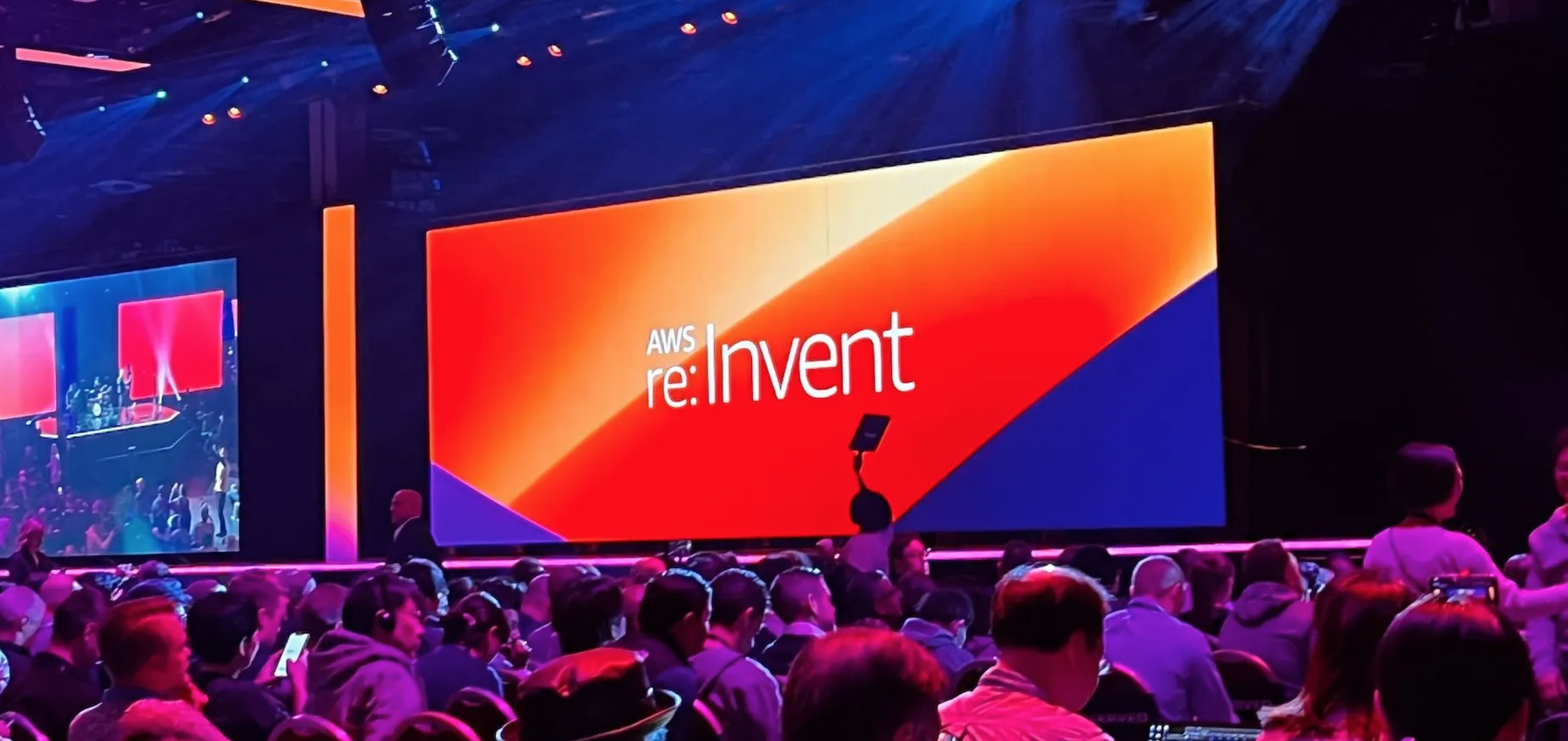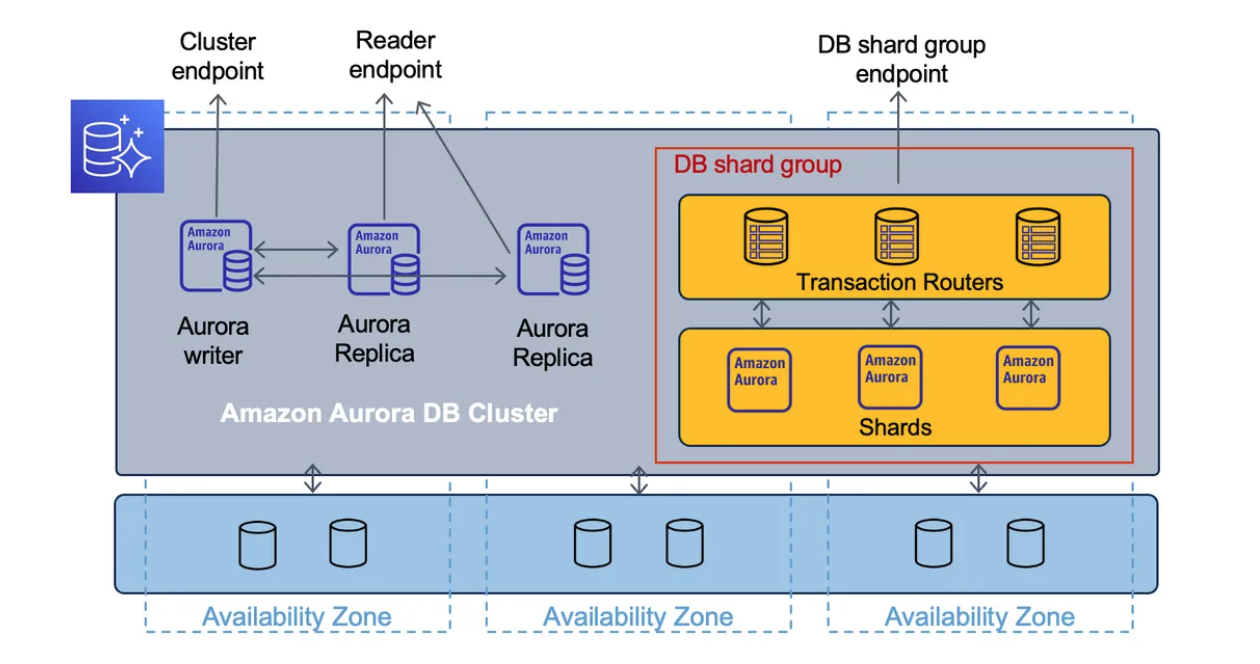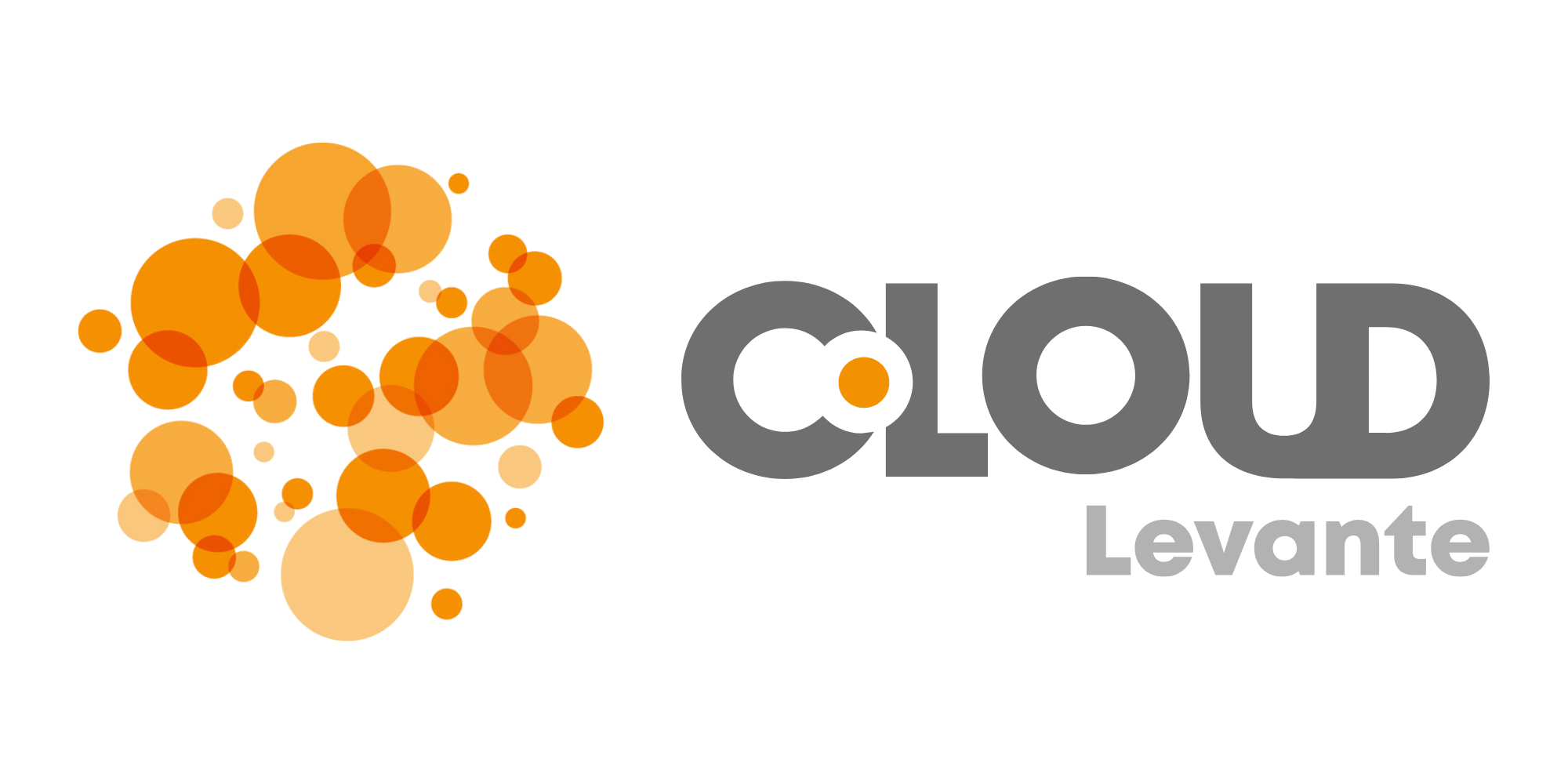Key Takeaways from AWS re:Invent 2023, Featuring Amazon Q, Frugal Architectures, and Database Transformations
The latest re:Invent edition recently concluded in Las Vegas, showcasing Amazon’s commitment to cutting-edge technologies. Notably, artificial intelligence took center stage, with Amazon Bedrock and the unveiling of Amazon Q, a revolutionary generative AI-powered assistant, prominently featured in Adam Selipsky’s keynote.

Below we review the major announcements affecting computing, databases, storage, machine learning, cost optimization and development.
Compute
In the realm of compute, significant updates were revealed, including the preview of memory-optimized R8g instances, empowered by the potent Graviton4 processor. Selipsky underscored Amazon’s rapid advancements, emphasizing their fourth-generation Graviton processor, unlike competitors lagging behind. Additionally, EC2 high memory U7i instances, powered by custom Intel Xeon Scalable Processors, made their debut, boasting impressive specifications. The Compute Optimizer also introduced customizable rightsizing recommendations for better instance selection.
Generative AI and Machine Learning
Amazon Q, the star announcement, introduces a new era of assistance, offering support across AWS services for various cloud development tasks. While feedback on Q’s console responses varies, its capabilities span network troubleshooting, Q&A assistance, EC2 optimization, and console error resolution. SageMaker enhancements, Titan multimodal foundation models, and Bedrock’s access to Anthropic’s Claude 2.1 model were among the notable developments, despite some concerns over pricing.
Storage
S3 Express One Zone, a high-performance storage class tailored for AI/ML training and financial modeling, took center stage in the storage segment. Despite cost considerations, this storage class promises improved data access speeds and reduced request costs. Elastic File System (EFS) witnessed the addition of EFS Archive, offering cost-effective storage for long-lived data. Various announcements targeting enterprise deployments, including FlexGroup volume management for FSx for NetApp ONTAP, rounded out the storage updates.
Database
Database advancements included ElastiCache Serverless for Redis and Memcached, and the introduction of Aurora Limitless Database supporting automated horizontal scaling.

Source: AWS blog
RDS’ surprising compatibility with Db2, SQS FIFO queues’ increased support for transactions, and the integration of DynamoDB with OpenSearch Service were notable highlights. Redshift Serverless introduced AI-driven scaling and optimizations, adapting to workload patterns.
Business Applications
Noteworthy business application updates comprised the introduction of WorkSpaces Thin Client, Healthscribe’s general availability, and B2B Data Interchange catering to EDI document transformation. Vision system data capabilities in preview for IoT FleetWise showcased AWS’s commitment to diverse industry needs.
Monitoring and Security
CloudWatch introduced natural language query generation, while CloudWatch Application Signals offered automatic telemetry correlation across various metrics. Enhanced logs in the AWS Distro for OpenTelemetry and updates to Control Tower and Security Hub further strengthened AWS’s monitoring and security offerings.
Architecture, Coding, and Productivity Tools
In the realm of architecture and productivity tools, the introduction of myApplications, CodeWhisperer updates, and Q Code Transformation highlighted AWS’s focus on simplifying application management, code generation, and transformation. CloudFormation’s Git management of stacks and the Lens Catalog for the AWS Well-Architected Tool added valuable capabilities.
Cost Optimization
Cost Optimization Hub emerged as a new feature aiding customers in consolidating cost optimization recommendations across accounts and regions. The addition of a programmable API to query Free Tier usage offered a valuable tool for users keen on optimizing costs.
Vogels’ tech predictions for 2024 foresee generative AI becoming culturally aware, transforming AI assistants into indispensable collaborators for developers. AWS’s commitment to innovation and development was evident throughout re:Invent, with over 400 sessions and keynotes available for further exploration on YouTube. The event showcased AWS’s dedication to pushing technological boundaries and shaping the future of cloud computing.
